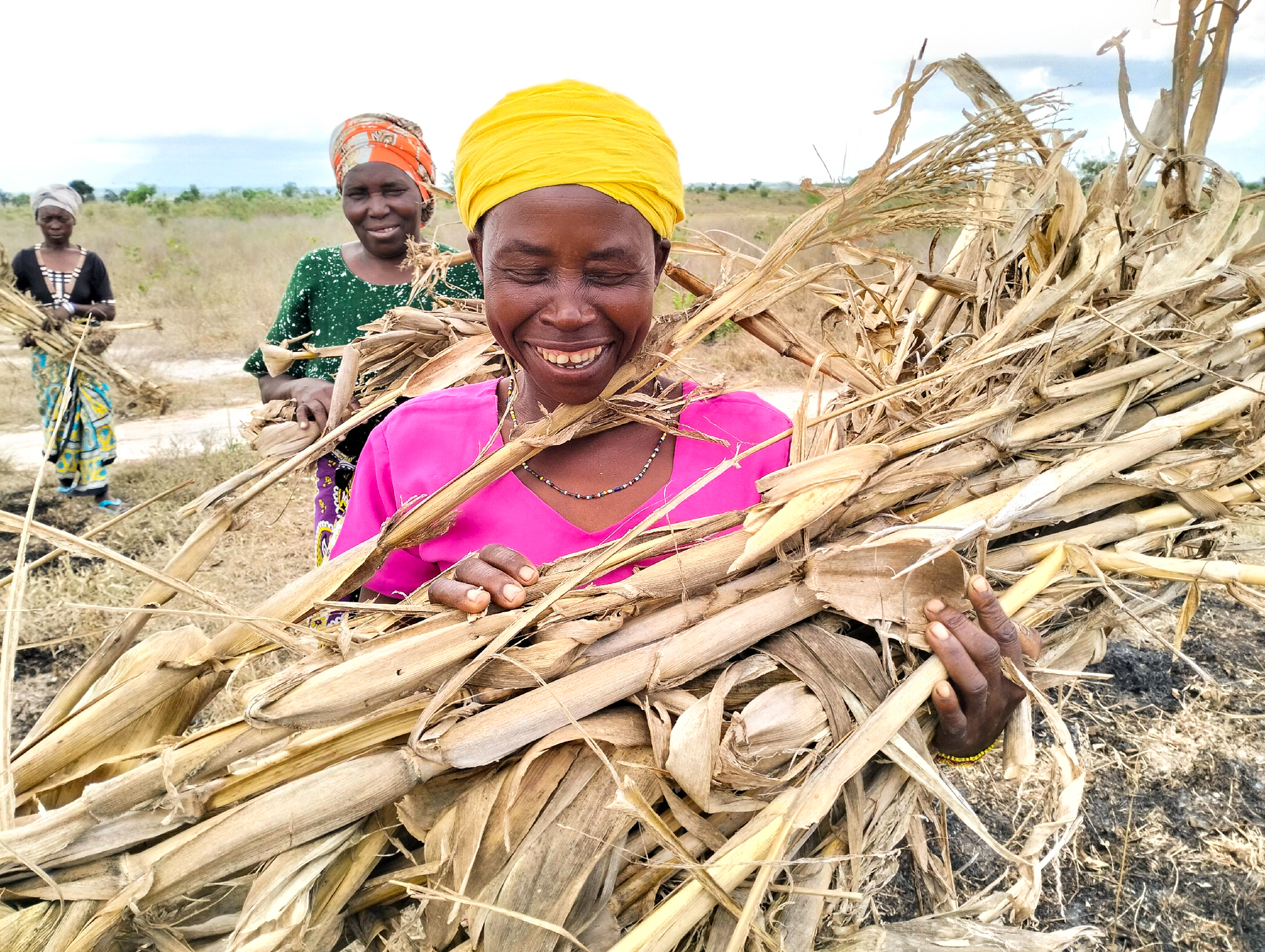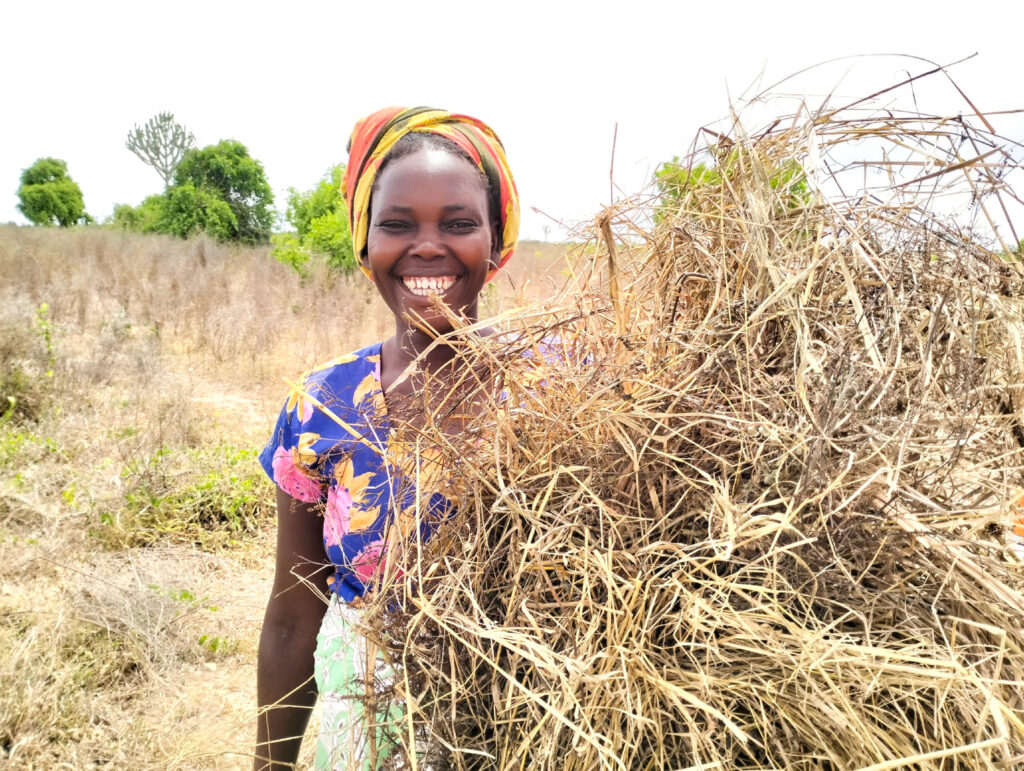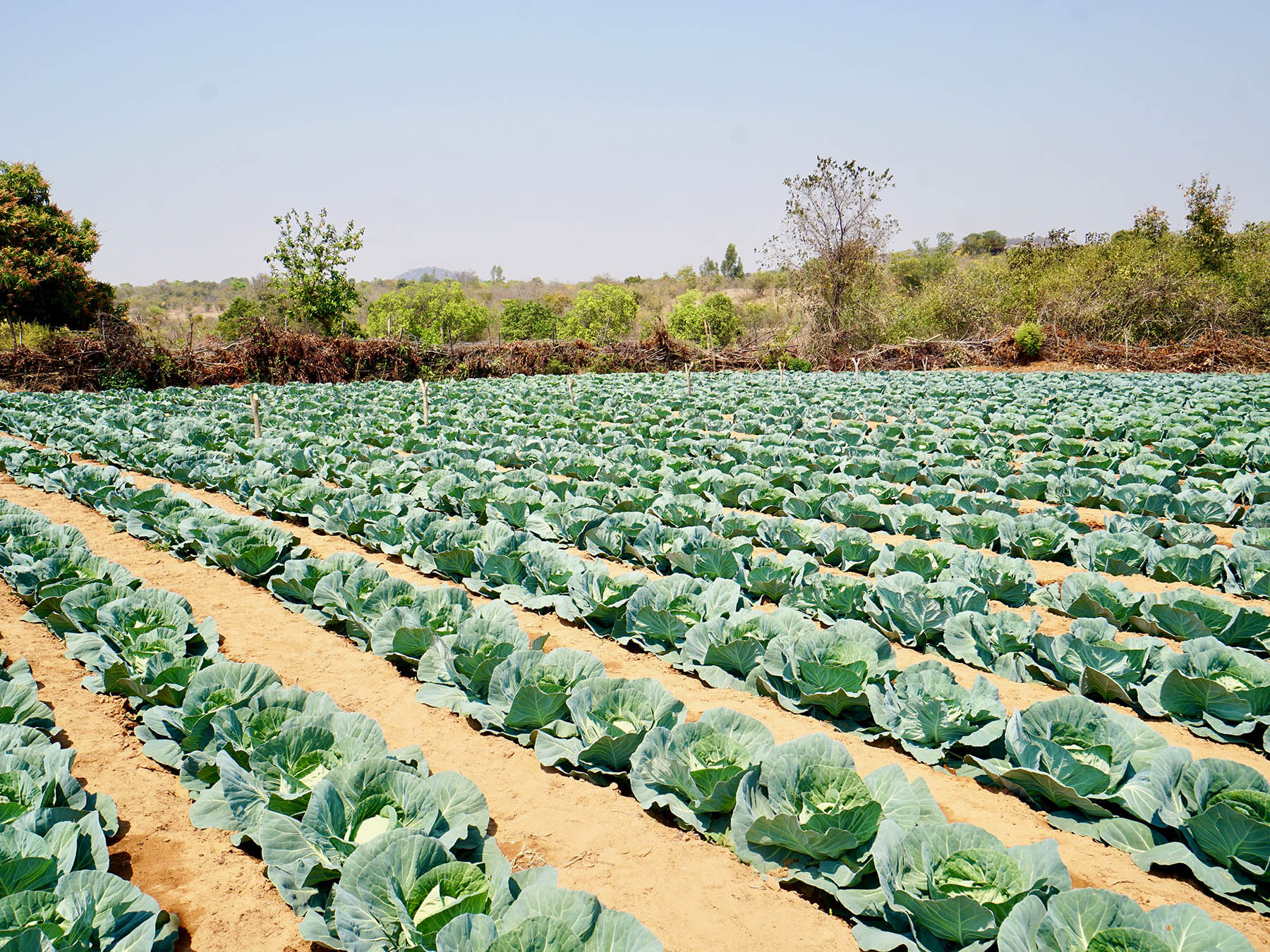
The Hunger to Harvest Program has been busy with Survival Gardening Workshops in Kenya, and the village of Kambekakunde in Kilifi County has emerged as a shining example of the benefits that come with sustainable farming methods and intentional practices.
After training sessions with instructions on raised bed planting, drip irrigation and composting, the residents of Kambekakunde wasted no time in implementing their new skills. Perhaps the greatest practical farming lesson learned is that successful crops require more work than simply putting the seed in the ground and hoping for the best. One resident was impressed by the importance of compost in nurturing the soil composition: “If soil quality improves, my plants will grow better, the yield quality will improve, and I will [have] better nutrition for my family, and a better price from my surplus sales.”
Mothers and fathers worked side-by-side preparing the gardens. They have toiled without reward in the past, but they feel relieved and revived by the Hunger to Harvest classes. One mother of four children addressed the financial benefits that will come with a bountiful crop yield: “This training has revived my willingness to persevere, and has tangibly cultivated my own resilience, and that of my household. I will not only be able to pay for my children’s school fees, but also will be able to start my own business.”

It is easy to see how promising gardens improve the lives of the farmers and their families. Their children will not go hungry, and they will consume essential vitamins and minerals that will help them to grow up to be healthy and strong. The extra produce will be sold in nearby markets, further sharing organic foods, and earning income to cover household expenses and school fees. The children will be able to receive an education for futures that hold promise and potential. And as the people of Kambekakunde so shrewdly observed, healthy communities are signs of prosperity, and it all begins, “when the farmer smiles.”
The words of one Kambekakunde mother resound: “I never used to see God in my agriculture, but now–after this training–I am able to combine my farming with the Word of God, and will be reading it more than ever. This is because I have known God was the first farmer. Thank you Healing Hands International.”
So neither the one who plants nor the one who waters is anything, but only God, who makes things grow.
1 Corinthians 3:7
